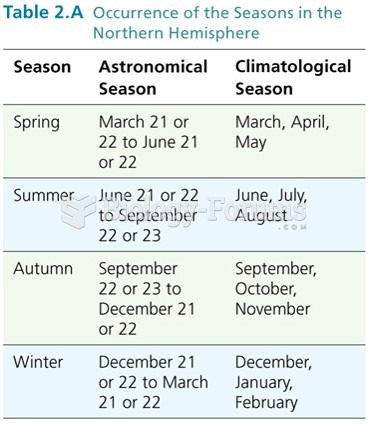Answer 1
Answer: Many hoped that the frontier would offer economic opportunities, whether in mining, farming, business, or professional ventures. Some migrants hoped the western climate would restore them to health. Others pursued religious or cultural missions.
Answer 2
Answer: Polk was perhaps both lucky and smart concerning Oregon. Although he had capitalized on expansionist sentiment for political support, he privately favored compromise in Oregon. While Polk's attitude offended the British, large numbers of American migrants to the territory and the diversion of British interests elsewhere helped strengthen America's position. As war loomed with Mexico, Americans also desired a compromise, one Polk achieved at little political cost by sharing the treaty with the Senate in advance.
Answer 3
Answer: Some critics, including many Whigs, interpreted the war as a scheme to get votes. Others decried United States misbehavior and its blatant desire to dominate. Polk and others saw the war as necessary to secure the country's borders and its citizens against the instability of Mexican politics. The supposed benefits of Manifest Destiny and the protections of the Treaty of Guadalupe Hidalgo for the residents of newly acquired territories offered self-serving rationalizations for American expansion.
Answer 4
Answer: Desiring to strengthen its northern territory, Mexico allowed Stephen F. Austin to lead 300 American families into Texas in 1823. By the end of the decade, some 15,000 white Americans and 1,000 slaves had moved to Texas, primarily to raise cotton. Mexican restrictions to curb American influence caused a rebellion in 1835-1836. Sam Houston led the Texas army to victory at San Jacinto and forced Mexico to recognize Texas as independent. Fearful of war with Mexico and agitated by the controversy over slavery, the United States did not annex Texas until 1845.







